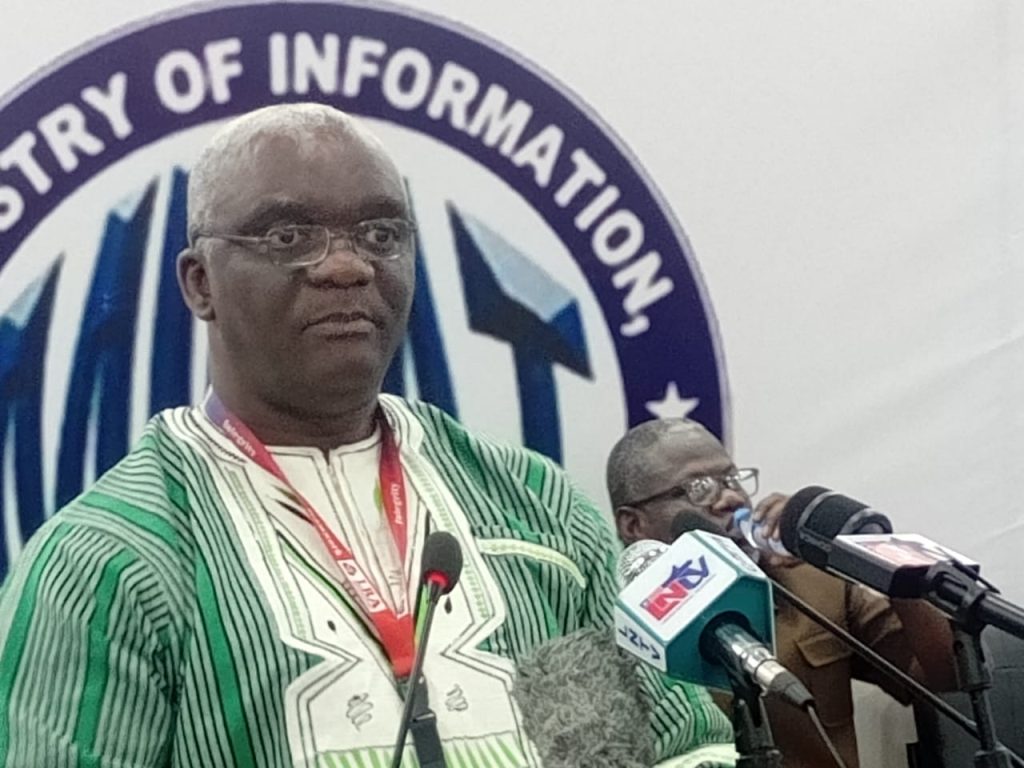The Liberia Revenue Authority (LRA) has taken decisive action against 46 employees implicated in a scheme involving the fraudulent use of medical receipts. Commissioner General Dorbor Jallah revealed the terminations during a press briefing, explaining that the employees had submitted fabricated hospital receipts to claim reimbursements from the LRA’s health insurance fund. This incident unfolded against the backdrop of a transitional period in the Liberian government, where the newly elected administration inherited a budget from its predecessor. This required a recall and review of the budget, which consequently delayed the procurement process for the LRA’s staff health insurance contract.
To address the healthcare needs of its employees during this delay, the LRA implemented a temporary reimbursement system. Employees were permitted to seek medical care for themselves and their dependents and subsequently submit receipts for reimbursement. This interim measure was intended to bridge the gap until the formal insurance contract was finalized. However, this well-intentioned system was exploited by some employees who saw an opportunity for personal gain. The LRA’s investigation revealed a pattern of repeated receipts from the same individuals within short periods, raising suspicions about their authenticity. Further scrutiny by the LRA’s Professional Ethics Division unearthed a more concerning reality: some receipts were entirely fabricated, bearing the names of individuals who had never received treatment at the hospitals listed on the documents.
The investigation broadened to encompass several hospitals, including JFK, Hope for Women, and ELWA hospitals. All three institutions confirmed that the names appearing on the questionable receipts had no record of treatment at their facilities. This corroboration cemented the LRA’s suspicions of widespread fraud. The fraudulent activity was not limited to individual submissions. The investigation uncovered a network within the LRA where falsified receipts were being manufactured and sold to employees for $20. This revelation highlighted the systematic nature of the scheme and implicated multiple individuals within the organization.
The LRA, upon confirming the veracity of these allegations through its internal investigation, acted swiftly. Following consultations with the agency’s legal and ethics teams, the 46 implicated employees were suspended, and subsequently terminated. Commissioner General Jallah emphasized that this decisive action was in strict adherence to the LRA’s internal policies and existing labor regulations. The scale of the terminations underscores the LRA’s commitment to maintaining ethical conduct and accountability within its ranks. This incident serves as a cautionary tale, highlighting the potential vulnerabilities of reimbursement systems and the importance of robust oversight mechanisms.
The LRA’s handling of this situation also raises questions about communication and coordination with relevant government bodies. When questioned about the Ministry of Labour’s awareness of the dismissals, Commissioner General Jallah admitted to a lack of formal communication. However, he expressed his willingness to engage with the Ministry to discuss the matter and provide clarification on the LRA’s actions. This apparent lack of prior notification underscores the importance of inter-agency communication, particularly in situations involving significant employment actions.
The LRA’s swift action demonstrates a commitment to transparency and accountability within the organization. By addressing this fraudulent activity head-on, the LRA reinforces its dedication to ethical practices and responsible stewardship of public resources. The incident also serves as a reminder of the importance of robust internal controls and ongoing monitoring to prevent and detect fraudulent activities. While the temporary reimbursement system was intended to provide support to employees, its exploitation highlights the need for stringent verification processes and clear guidelines to minimize the risk of such occurrences in the future. The LRA’s response emphasizes the importance of proactive measures to safeguard organizational integrity.














